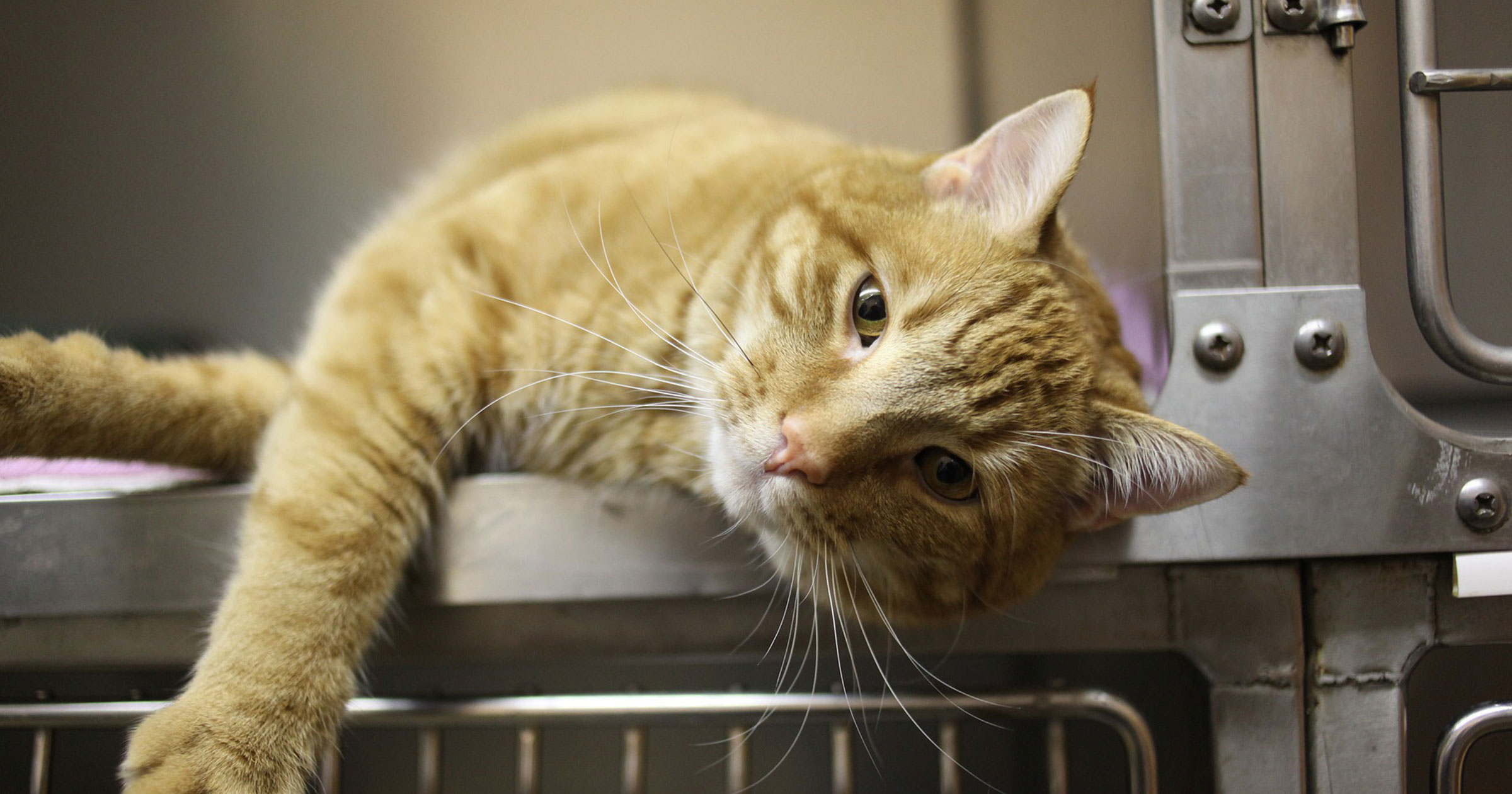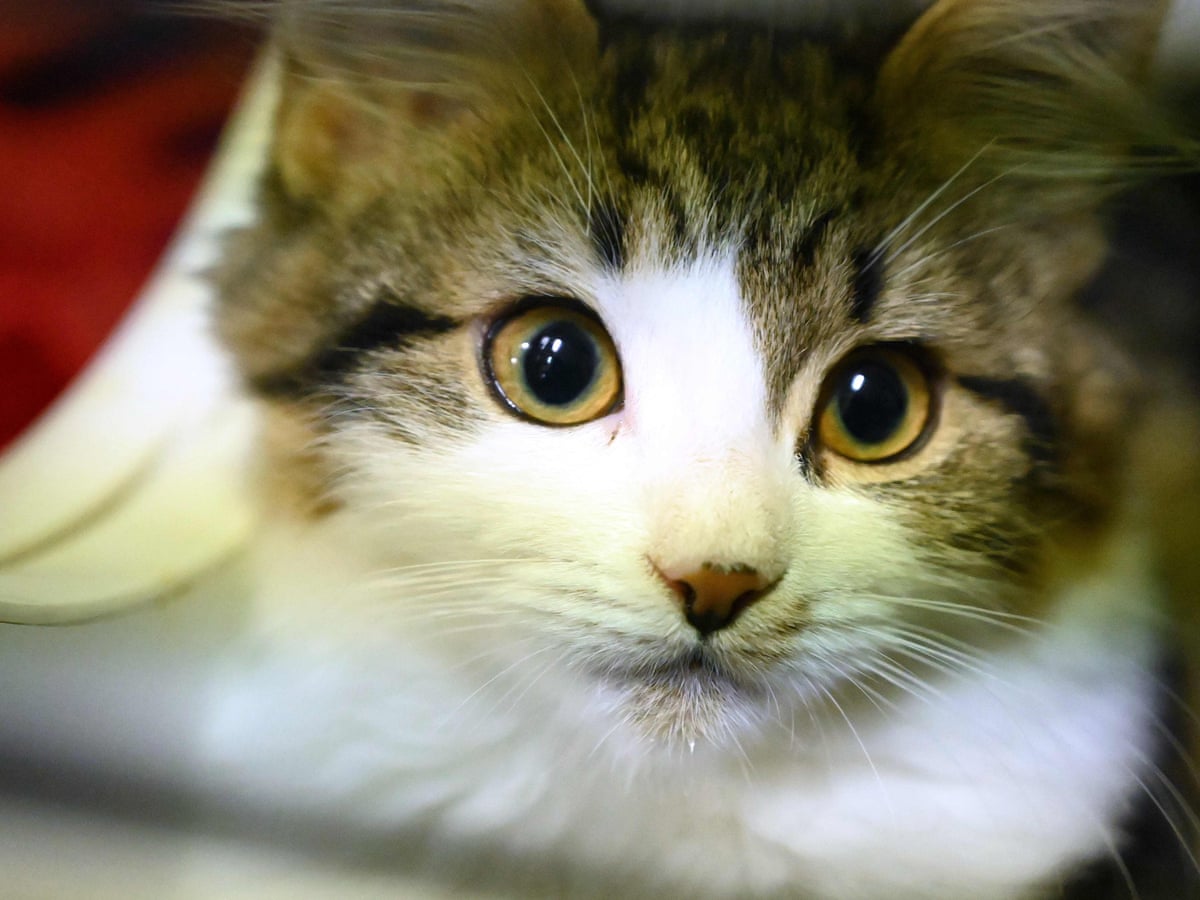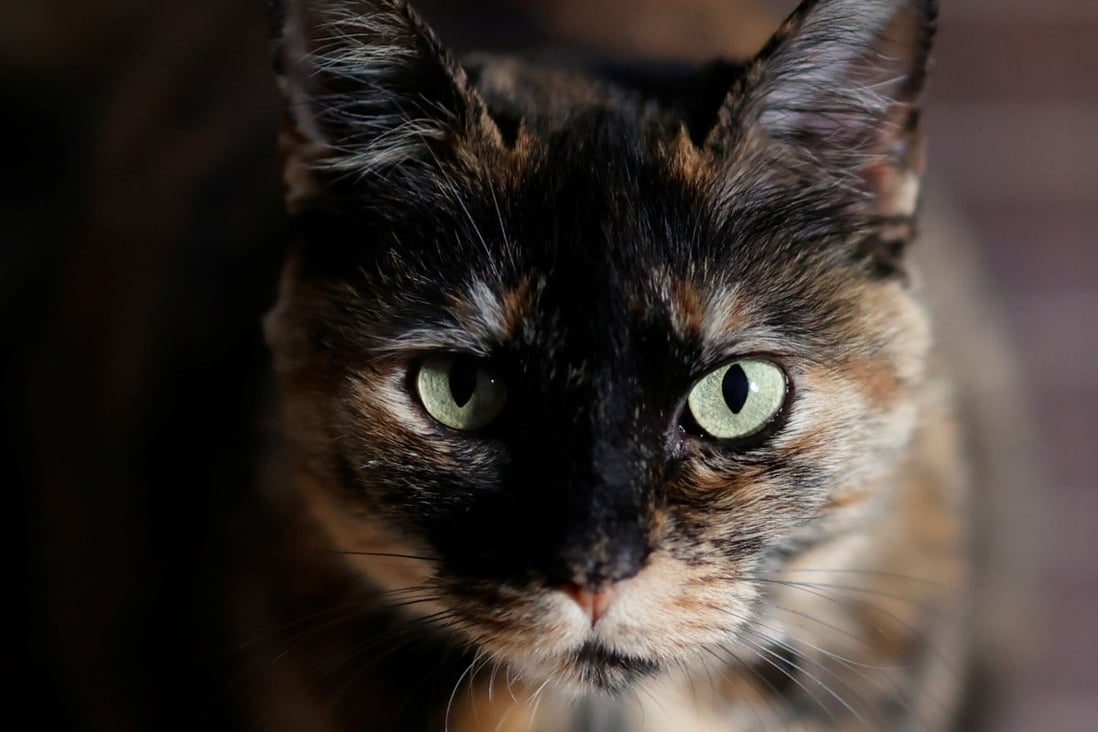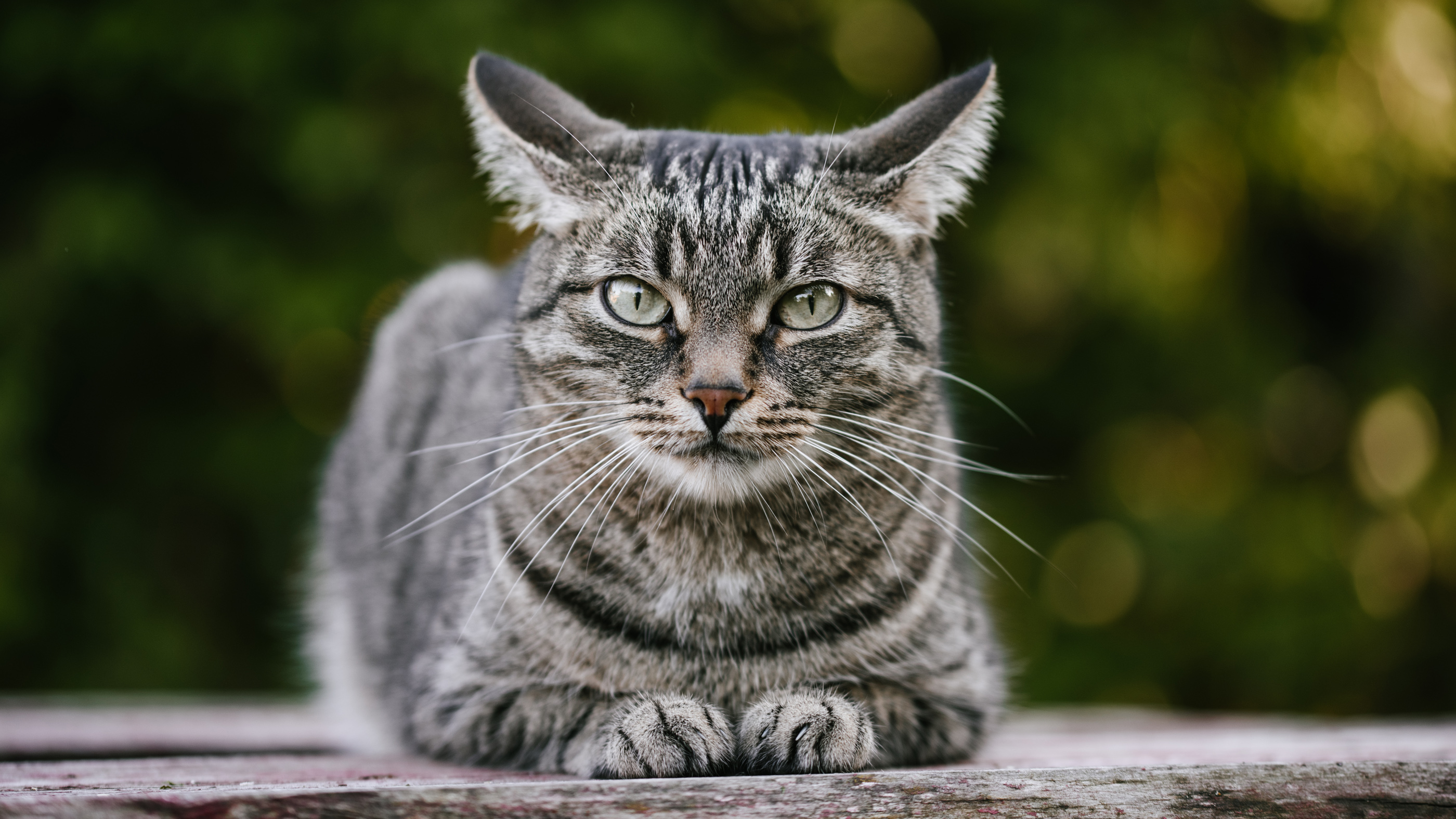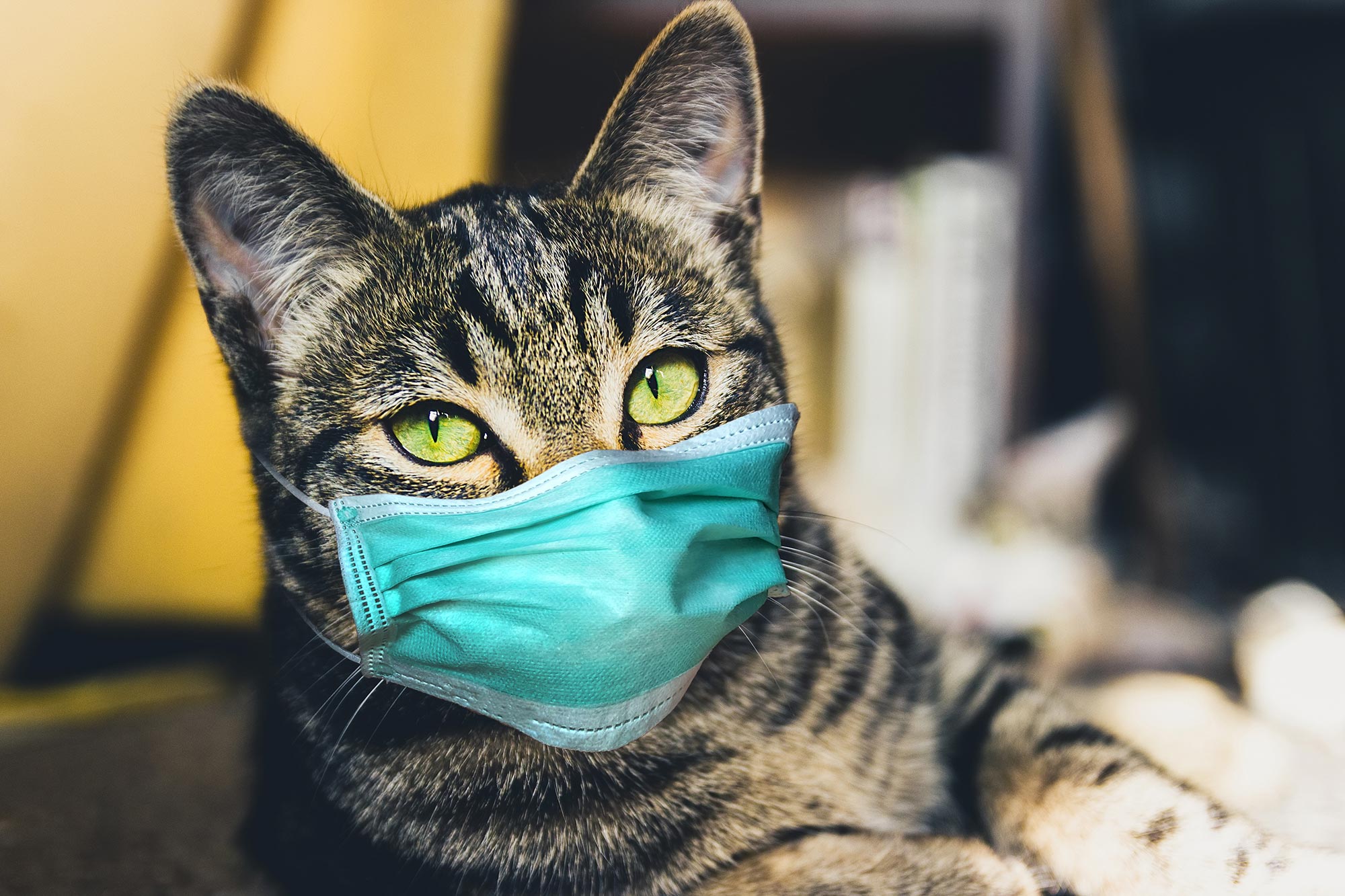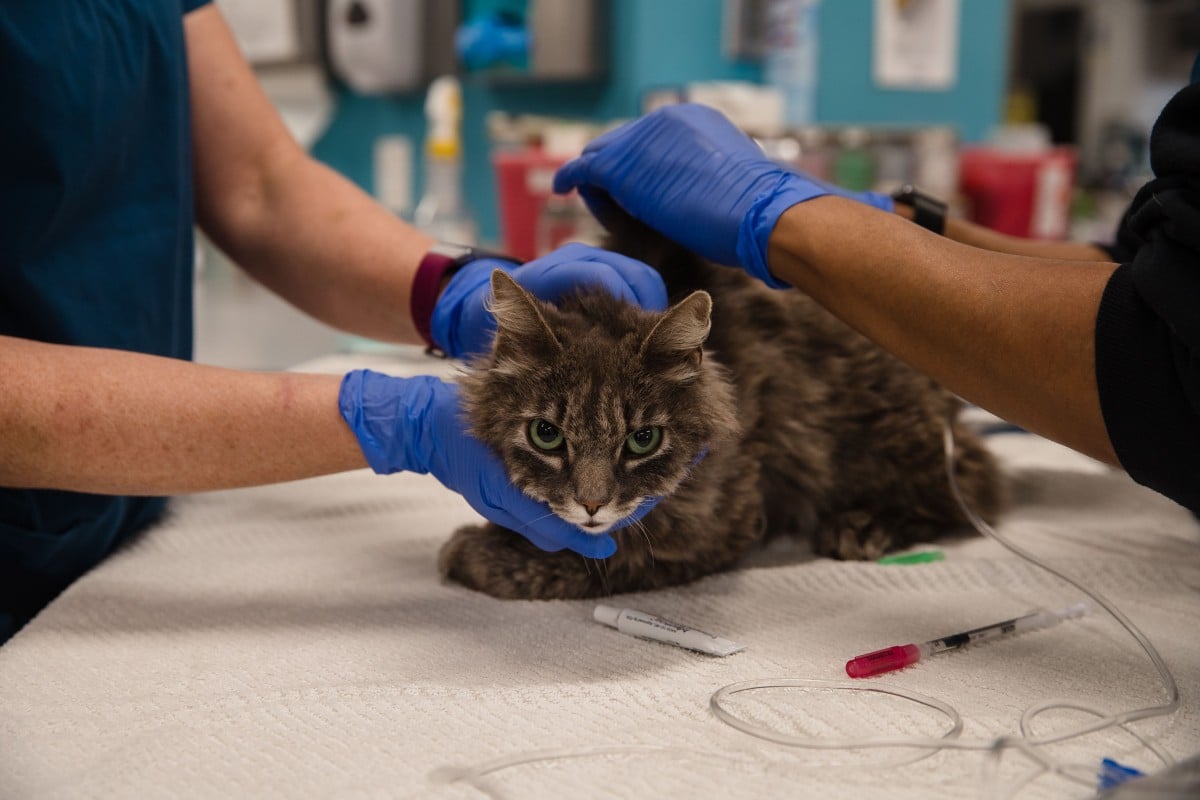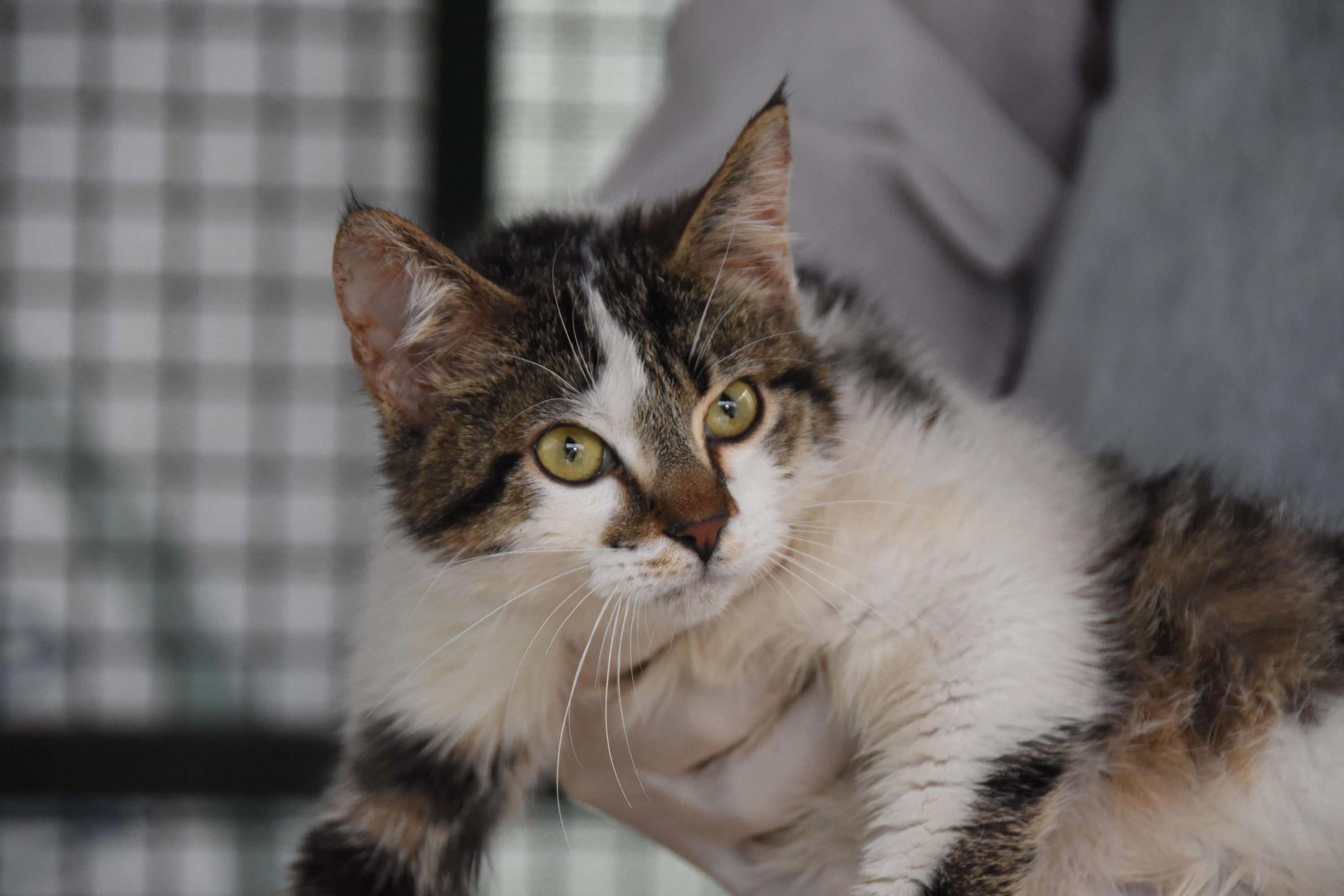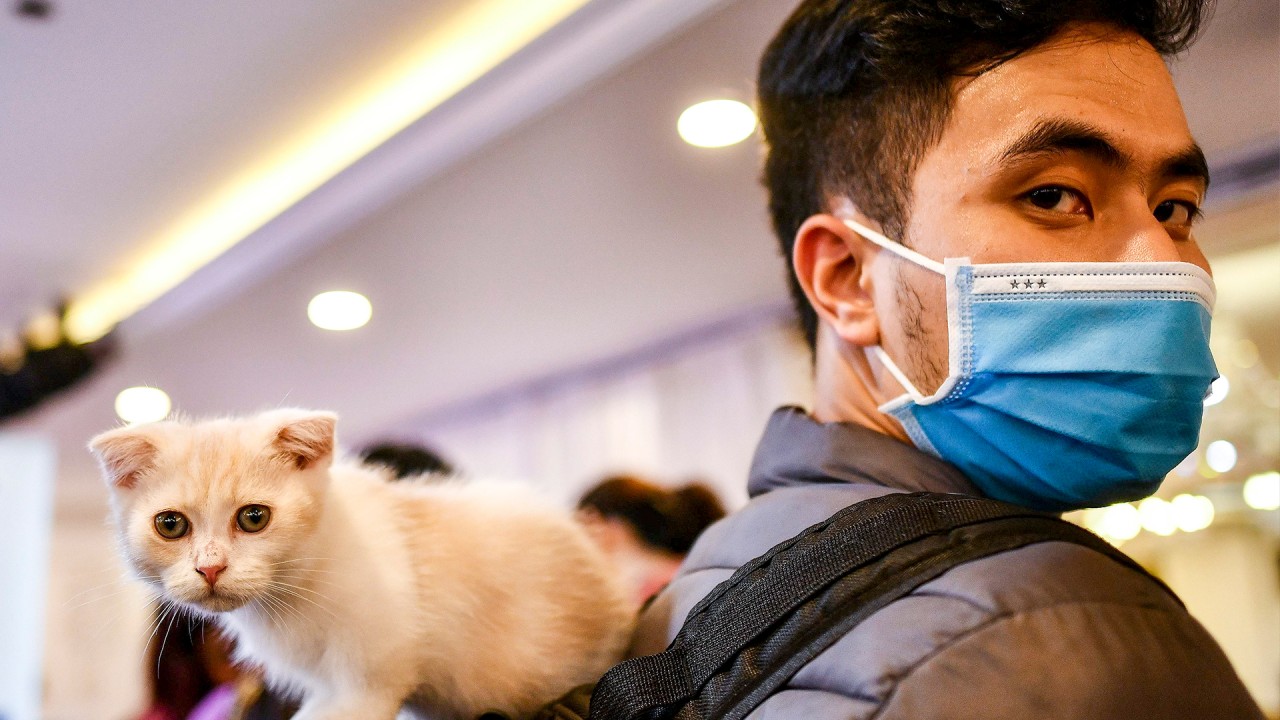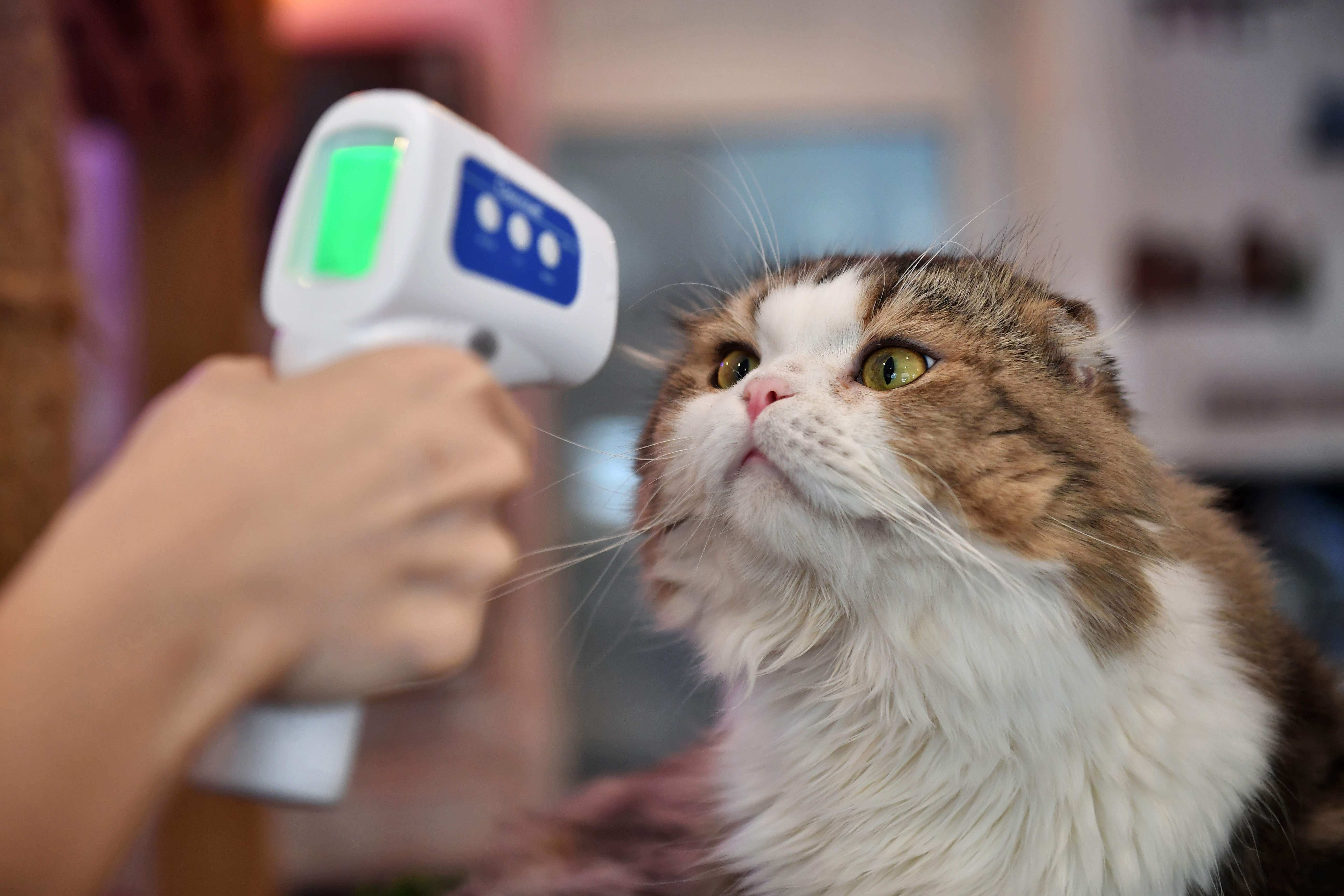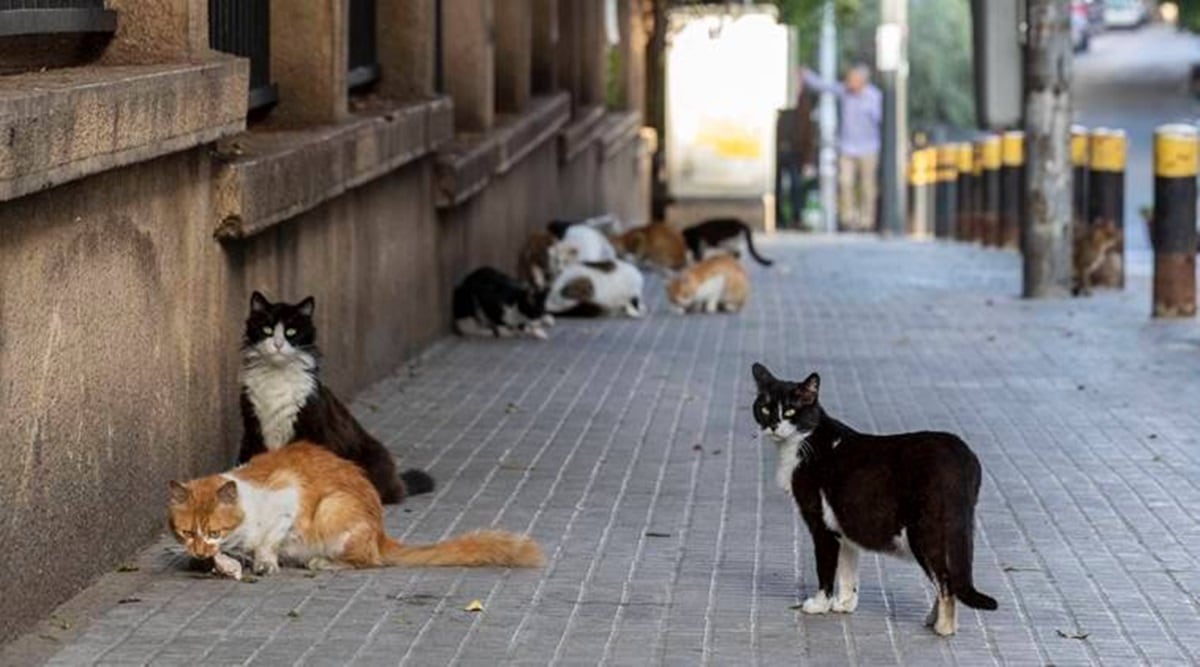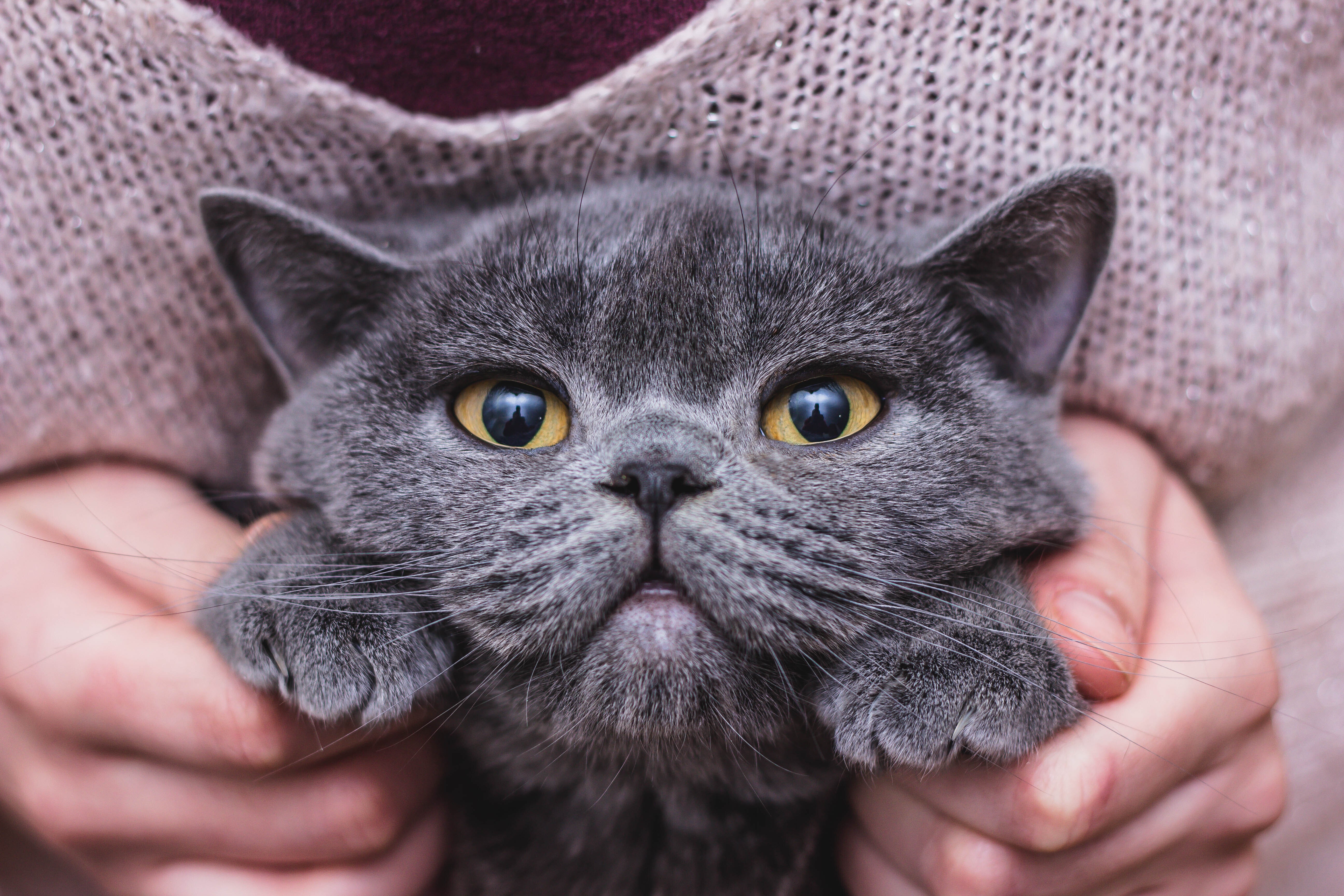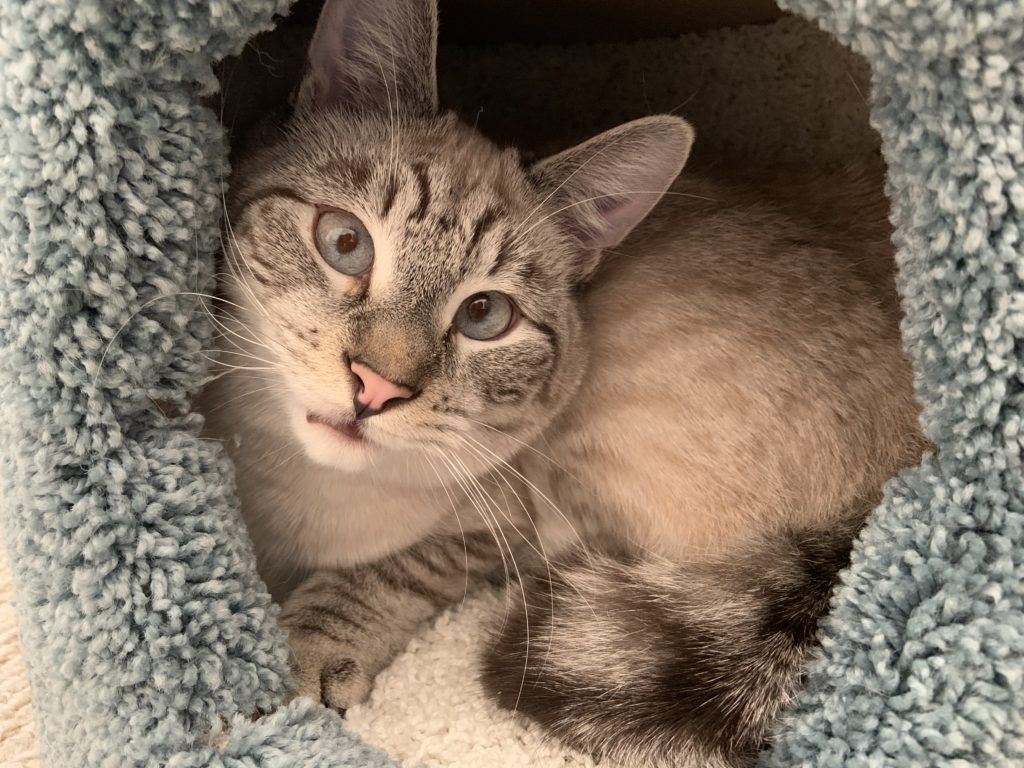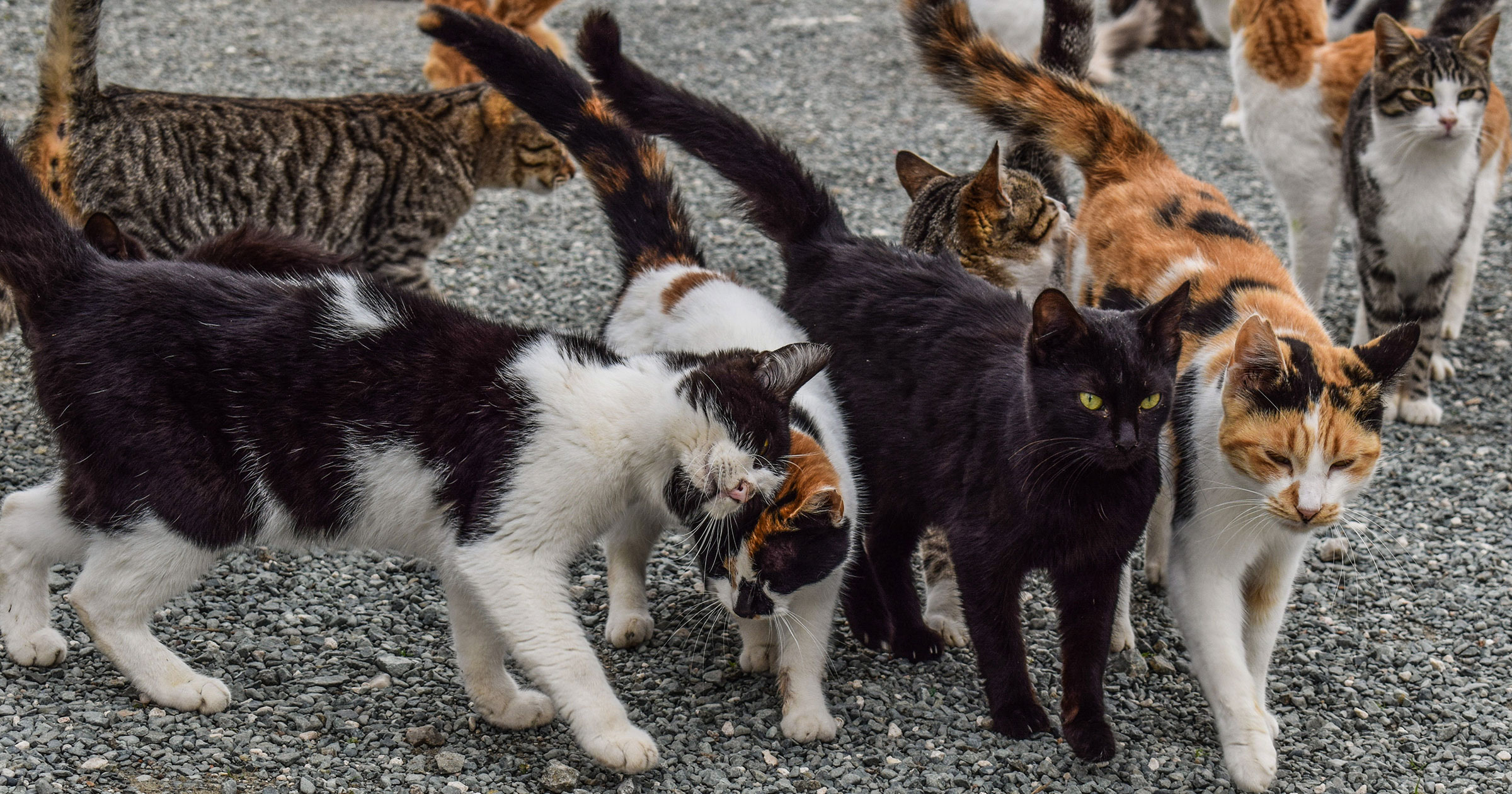Cats And Coronavirus Symptoms
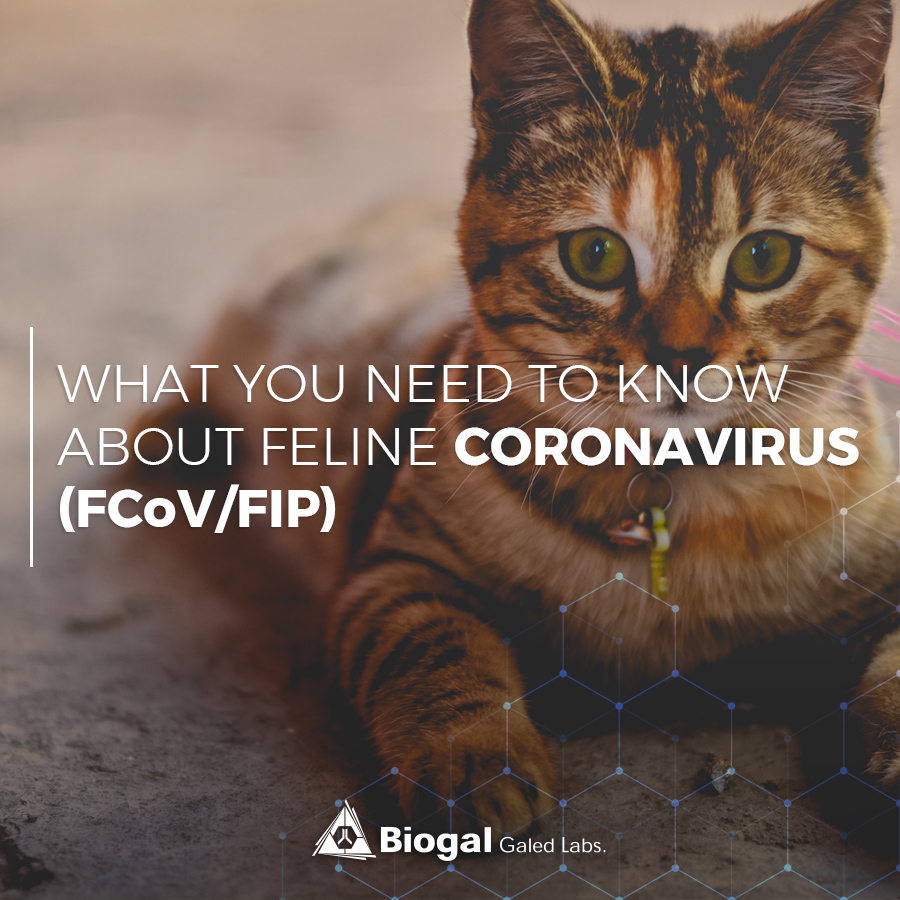
If your pet shows any signs of illness such as coughing sneezing or lethargy call or text your veterinarian to arrange treatment.
Cats and coronavirus symptoms. Cats appear to be at least mildly susceptible to COVID-19. Six of 154 cats 39 and 7 of 156 dogs 45 tested positive for COVID-19 while 31 cats 201 and 23 dogs 147 had coronavirus antibodies. What is Feline Coronavirus or FCoV.
Two cats in New York have been infected with the novel coronavirus federal officials announced Wednesday. This infection can affect the brain liver kidneys lungs and skin. Animals reported infected include.
Both cats had mild respiratory symptoms and are expected to recover. FCoV is a common and contagious virus which is passed in the faeces of cats. The cat experienced breathing difficulties and nasal discharge stock image.
If possible keep your cat indoors if they are happy to be kept indoors. The majority of cases were mild and only 20 percent of dogs and 30 percent of cats had symptoms. If youve been diagnosed with are suspected of having or are displaying characteristic symptoms of coronavirus COVID-19 it is advisable to minimise the amount of time your cat spends outdoors unsupervised.
Cats are susceptible to natural infection with several strains of feline coronavirus that may result in either effusive and noneffusive FIP disease or in subclinical to severe enteritis. It generally causes asymptomatic infection but can cause mild diarrhea. Eight cats and dogs that lived in the same homes as the pets that tested positive for.
It is extremely rare Veterinarian Lori Teller with the American. The animals had no or mild symptoms. In some cases cats will also have excessive thirst and urination vomiting weight loss and jaundice.

